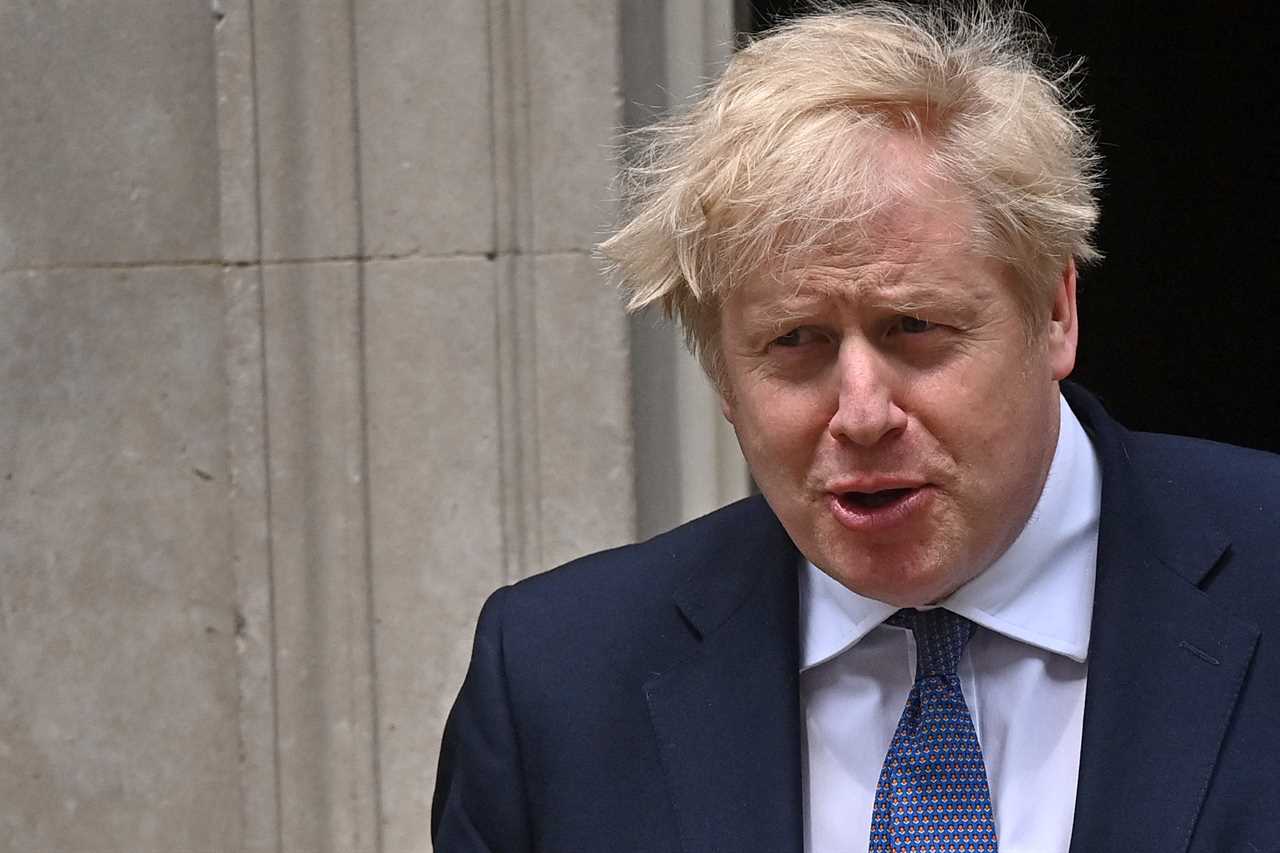BORIS Johnson has been cleared over No11 flat refurb – as an official report said he didn’t break the ministerial code.
But an official probe found that the Cabinet Office, Tory Party and a peer had helped stump up the cash for his Downing Street renovation – and the PM only settled the bill in full in March.

For weeks the PM has been dogged over who paid the costs of a lavish revamp of the No11 digs he shares with Carrie Symonds and one-year-old son Wilfred.
Lord Christopher Geidt, a former aide to the Queen, today released the long-awaited register of members interests about the PM’s Downing Street decorations.
But he concluded that there was nothing to suggest the PM had acted improperly or broken the code.
He did say the PM was “unwise” to let the refurb go ahead without knowing how it was going to be funded – and who was going to pay the bill, saying it was a “significant failing”.
And it blames officials for failing to let the PM know what was going on and where the money went.
The PM only settled the bill for his flat costs in full on March 8 this year after a flurry of reports of where the cash came from.
Discussions started about redoing the flat when the PM moved into Downing Street in 2019.
The idea of a possible Downing Street trust to help pay for it was discussed, because the PM apparently did not want to burden the taxpayer with extra costs.
The report concluded: “The Trust was not subjected to a scheme of rigorous project management by officials.
“Given the level of the Prime Minister’s expectations for the Trust to deliver on the objects he had set, this was a significant failing.
“Instead, the Prime Minister – unwisely, in my view – allowed the refurbishment of the apartment at No 11 Downing Street to proceed without more rigorous regard for how this would be funded.”
Tory peer Lord Brownlow was confirmed to have stumped up some of the cash for it, the report said, but the PM was not made aware of this.
Today’s report found that Mr Johnson “took steps to make the relevant declarations and seek advice” – but blasted Cabinet Office staff for not keeping him in the loop and said he was “ill served” by them.
The PM is said to have “simply accepted” that the matter was being taken care of – as he was trying to deal with the pandemic.
It said: “Having advised that the interests declared by the Prime Minister present no actual or perceived conflict, I consider them to be consistent with the provisions of the Ministerial Code.”
The Cabinet Secretary has been rapped over the knuckles for the incident, and promised a review so that it doesn’t happen again.
The refurbishment began while the PM was ill in hospital with Covid last April – with no decisions taken on how the bill would be settled.
Later that month the PM received advice the trust may work, but would have difficulties, and further legal work took place to sound it out.
The first invoices for the refurbishment work already undertaken on the No 11 Downing Street residence were received and paid for by the Cabinet Office – and then recharged by CCHQ in June 2020.
But again, the PM had no idea this had happened, the report claimed.
Later, in autumn last year, the trust was still set to be many months off, and Lord Brownlow, who had accepted in principle an offer to chair the trust, settled one of the invoices directly with a supplier.
Prime ministers are allotted £30,000 a year to refurbish the Downing Street flat – but the bill for the designer makeover is said to have spiralled to thousands more.
Ministers are meant to declare all donations within 28 days so they can’t be unduly influenced.
Lord Geidt was appointed No10’s standards adviser last month following the Wallpaper Gate row.
Lord Geidt’s predecessor Sir Alex Allan memorably quit when Mr Johnson refused to fire Priti Patel for bullying civil servants.
Sir Alex ruled that the Home Secretary had broken the ministerial code – typically a resignation offence – but the PM disagreed.
Lord Geidt told MPs that if Mr Johnson also rejected his findings he would also be prepared to resign.
The “cash for curtains” saga has sparked a string of inquiries, including from the Electoral Commission which said “there are reasonable grounds to suspect that an offence or offences may have occurred.”






